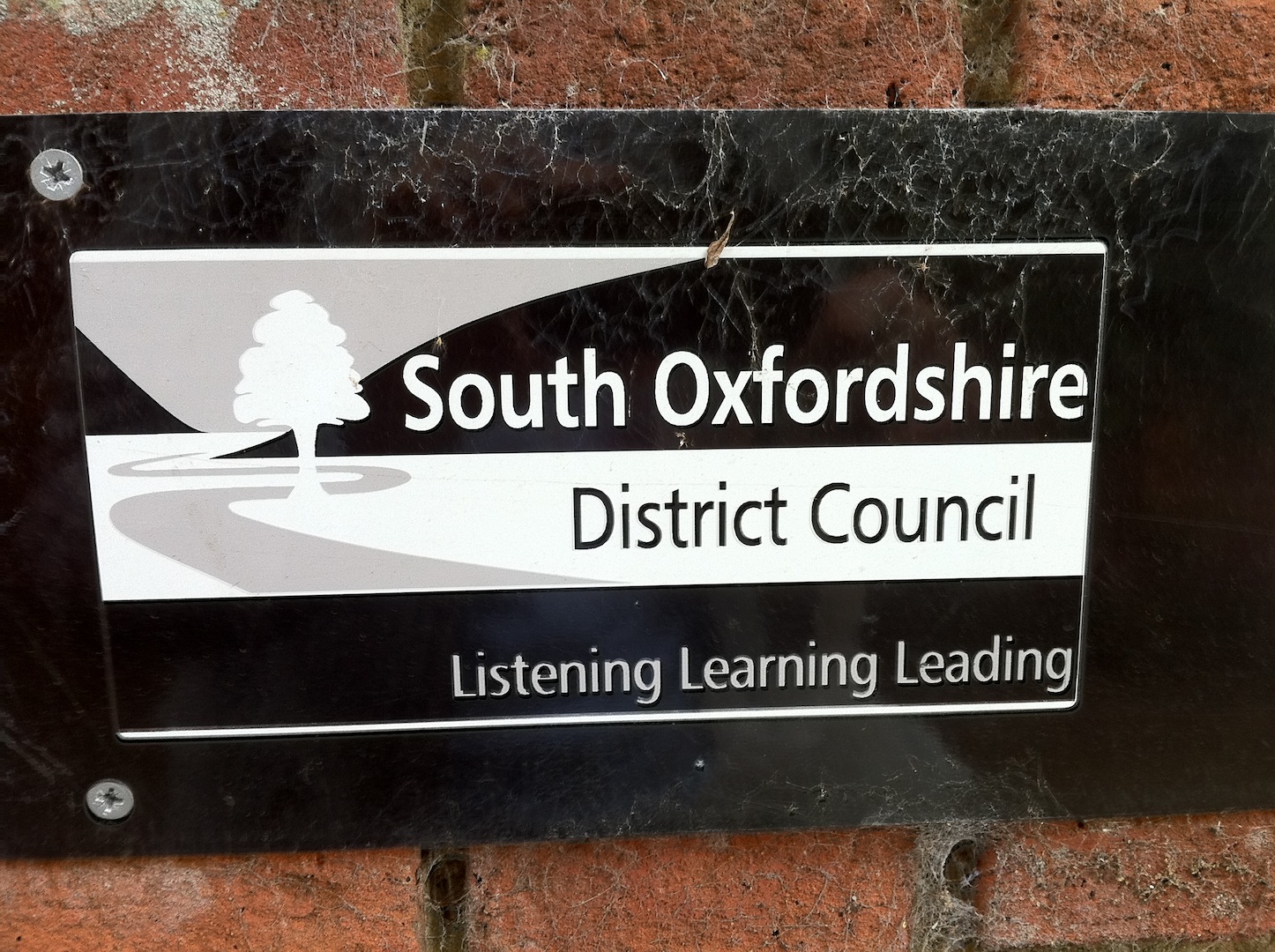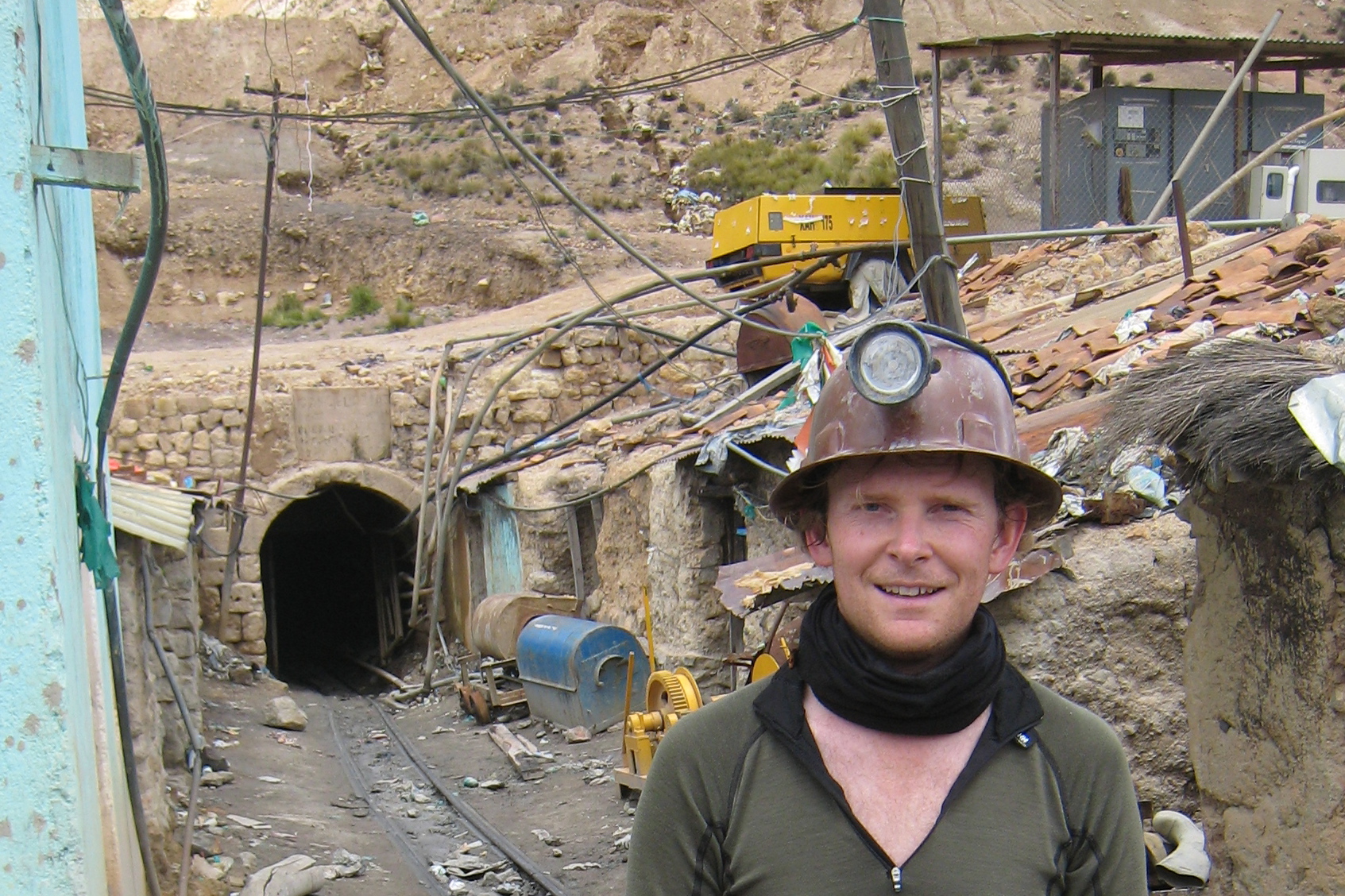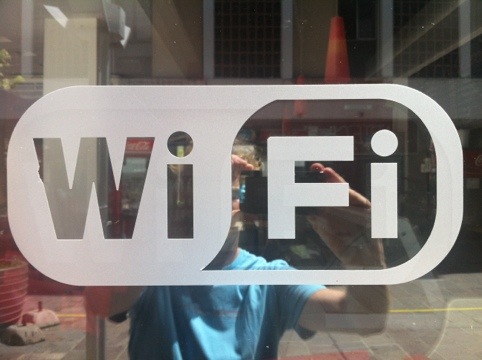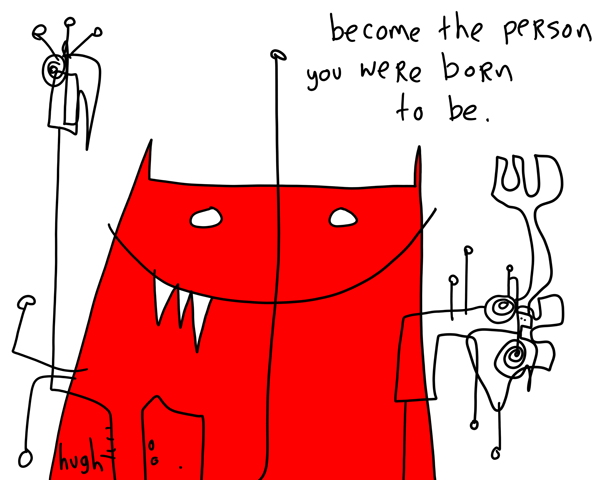I don’t normally pay much attention to straplines. There’s often too much flannel for my liking. But this council sign near home caught my eye:
Author: RobTatman
Why travel?
I neglected this blog while travelling largely because we didn’t have a laptop, a decision I regret as per this previous post. Wordpress.org does have an iOS app but typing on a small touch screen feels like I’m pecking away like a chicken. The process of writing doesn’t have any flow for me using a smartphone. Plus I like to see the words on a decent size page after I’ve finished.
Anyway, back in England now. New year. New intensions.
First, a post-rationalisation on why travelling is both enjoyable and useful [Full disclosure: I love travelling]: Continue reading Why travel?
Travelling and the internet
It’s another rainy windy day in El Chalten, Argentinian Patagonia. The crowd-pulling peaks of Cerro Torre and Fitzroy are hidden by thick cloud. Hikers and climbers pass by the hostel window looking drenched and miserable. Our legs welcome a rest day but cabin fever soon sets in…
What to do? Laundry, journal, trip planning, playing card options all now exhausted. Internet access is patchy as usual, prompting a reflection on our (over?) reliance on internet connections. Continue reading Travelling and the internet
My freelancing decision
Earlier this week I was reminded of my decision to leave the seeming safety of permanent employment. Over supper in Buenos Aires a friend was describing her decision to go freelance and it made me reflect on my own decision.
My moment came six years ago. I remember vividly the surprising feeling of immediate comfort with the decision. There were no nagging doubts or caveats. It just felt right.
So why are some important decisions so easy and uncomplicated while others result in analysis paralysis?
I´m reading Malcolm Gladwell´s “Blink” at the moment. He talks about “thin-slicing” whereby expert decision-makers reduce the number of inputs into a decision to just one or two critical variables. The thrust of the book is that spontaneous decisions, based on limited information can be better than carefully considered ones, which may include numerous unconscious biases.
For example, Gladwell cites one study that shows that the respect (in the form of tone of voice) that a doctor uses when talking with patients is a better predictor of medical malpractise incidence than the doctor´s training, credentials or actual skill.
A rational, structured analysis of the decision to go freelance would likely consider job security, career progression, day rates, expenses, personal situation, current and future demand for skill sets, mobility, etc, etc…
But my thin slice at the time was simple: would I experience, learn and grow more where I was or as a freelancer? Decision made.
Of course we need to balance intuition and analysis in decision-making but perhaps we should all take a bit more notice of our unconscious thinking at times?
Iʼd like my crayons back, please.
Everyone is born creative; everyone is given a box of crayons in kindergarten.
Then when you hit puberty they take the crayons away and replace them with books on algebra etc. Being suddenly hit years later with the creative bug is just a wee voice telling you, “Iʼd like my crayons back, please.”
~ Hugh MacLeod. HowToBeCreative
R&D: Rip off and Duplicate?
 Our China visit in May challenged my ideas about what innovation really is.
Our China visit in May challenged my ideas about what innovation really is.
Previously, I had lofty ideals of Edisoneque inventions. Men in white coats. Labs. Eureka moments. Products.
In China I learnt that innovation can be softer: an idea, a process, a business model. A variation rather than a big bang.
A Chinese company we visited with a Groupon business model even went so far as to to say that moving from one deal a day to multi-deals was an innovation for them.
This got me thinking. Who really innovates? I scurried back to my Henley MBA study guide on strategic innovation.
“innovation = invention + realisation of value”
So does Apple innovate? Is adding a touch-screen to an iPod innovation? What about if you then stick a smart phone inside? Or double the size and remove the phone?
Apple didn’t invent the components, these came from it’s suppliers. In fact, 26% of the component cost of the iPhone4 is supplied by Samsung (Economist graphic).
What Apple have done is take these individual inventions and configure them cleverly to realise value. $347 billion of value (Economist). Invention + realisation of value = innovation.
The value creation machine doesn’t care what we call this. Evolution or revolution. Step change or incremental. We can get hung up on inventing game changers when applying an existing invention to a new context or business model would generate ample value.
I like this. As manufacturing is commoditized and IP rights difficult to defend the search for value must surely shift towards combining ideas / inventions / products / process in new ways.
I see an analogy with music; there are no new notes left to be invented but there are plenty of beautiful new unique combinations of notes still to come.
In Perspective
It’s easy to over-complicate decisions in business and in life.
Too much information. Too many choices. Too many stakeholder voices. No clear winner.
How to strip away all the noise? How to create time and space for sense-making so that the end decision is sound?
 A trip to the great outdoors always helps me get things in perspective. I’m not really sure why… Maybe because being surrounded by the forces of nature reminds me of how short life is. Being at sea or up a mountain is humbling because I am at the mercy of mother nature.
A trip to the great outdoors always helps me get things in perspective. I’m not really sure why… Maybe because being surrounded by the forces of nature reminds me of how short life is. Being at sea or up a mountain is humbling because I am at the mercy of mother nature.
The great outdoors energises me and helps me see things more simply, more intuitively.
I probably knew the right decision from the start but now the choice is obvious.
I’m interested; how do you create time and space to get things in perspective? Does location play a part?
PS – If you haven’t already heard Steve Jobs’ speech at Stanford then I highly recommend it; “Remembering that I’ll be dead soon is the most important tool I’ve ever encountered to help me make the big choices in life.” (VIDEO from 9:00 minutes)
Defining leadership
Tonight the streets are filled with love.
These are the first words I heard from the radio alarm on Tuesday morning. Those seven simple words filled me with awe.
I had never heard of Crown Prince Haakon. I have no idea what sort of man he is. But his words spoke to me deeply.
The streets weren’t filled with anger or hatred. Not vengeance. Not negativity.
Love. Resilience. Humility. Defiance. Dare I say forgiveness?
What a colossal reframe of the situation! What a powerful perspective. What a bold statement to make.
We look to leaders in times of crisis to help us make sense of a situation. To provide guidance and reassurance. Leaders simplify things.
I was taken by Crown Prince Haakon’s reframe because it said so much in so few words. It also chimes well with the Jim Collins school of thought that the best leaders encapsulate humility and a quiet but steely determination, which resonates with me.
It wasn’t just Crown Prince Haakon. Norwegian Prime Minister Jens Stoltenberg said, “Evil can kill a person, but it cannot kill a people.”
Oslo Mayor Fabian Stang said, “We will punish the guilty. The punishment will be more generosity, more tolerance, more democracy,”
Wow. What amazing courage and resolve.
Tonight the streets are filled with love
I have seen dozens definitions of leadership over the last fortnight but those seven words say it all.
Confusion: My new friend
 I don’t understand. I’ve scrunched up my eyes and I’m even scratching my head. It just doesn’t make sense…
I don’t understand. I’ve scrunched up my eyes and I’m even scratching my head. It just doesn’t make sense…
I have a shiny-new academic label for this feeling now, “cognitive dissonance“. An uncomfortable feeling caused by holding conflicting ideas simultaneously.
I’ve been trying out a reframe of this uncomfortableness. What if, instead of confusion being a negative experience, it is a positive signal? A signal that an opportunity to learn has just arrived.
I’ll need to be quick to grasp the opportunity. What question can I ask to get to the core of the confusion? A sincere and humble question that is free from bias and judgement. Think quickly.
This works for me. Maybe because I treat it like a game and it appeals to my sense of curiosity.
Can I train myself to the point where my response to confusion isn’t discomfort? It will be fun finding out 🙂
Might this work for you too?
Conway’s Law
Isn’t it great when a casual conversation leads to a new discovery?
Maybe it’s a new viewpoint, a nugget of information, an idea, or a story that really rings true.
One of the great things about the Henley MBA is the experience of the cohort. The average age of 36 means plenty of stories, lessons learned, and maturity of perspectives.
I learnt about Conway’s Law last night. It states that, “…organizations which design systems … are constrained to produce designs which are copies of the communication structures of these organizations”. Wikipedia article
No rocket science here. However, until last night, and despite my ten years’ experience in systems change, I didn’t have the vocabulary to fully express this principle and it’s implications for design. It was more of a feeling or an intuition. Now there is some science behind this feeling. Thanks Steffen.
I believe that being open to new ideas and perspectives is a virtuous circle, where the openness drives the opportunity to discover or be introduced to other new ideas, which spark further ideas and questions and so on.
It’s easy to dismiss something new prematurely by reacting to our emotions. Philip Cox-Hynd encouraged us yesterday to live in the question, understand it, explore it, and be comfortable in it. I like that. I’m sure it will make me better at listening, learning, and making new discoveries.






